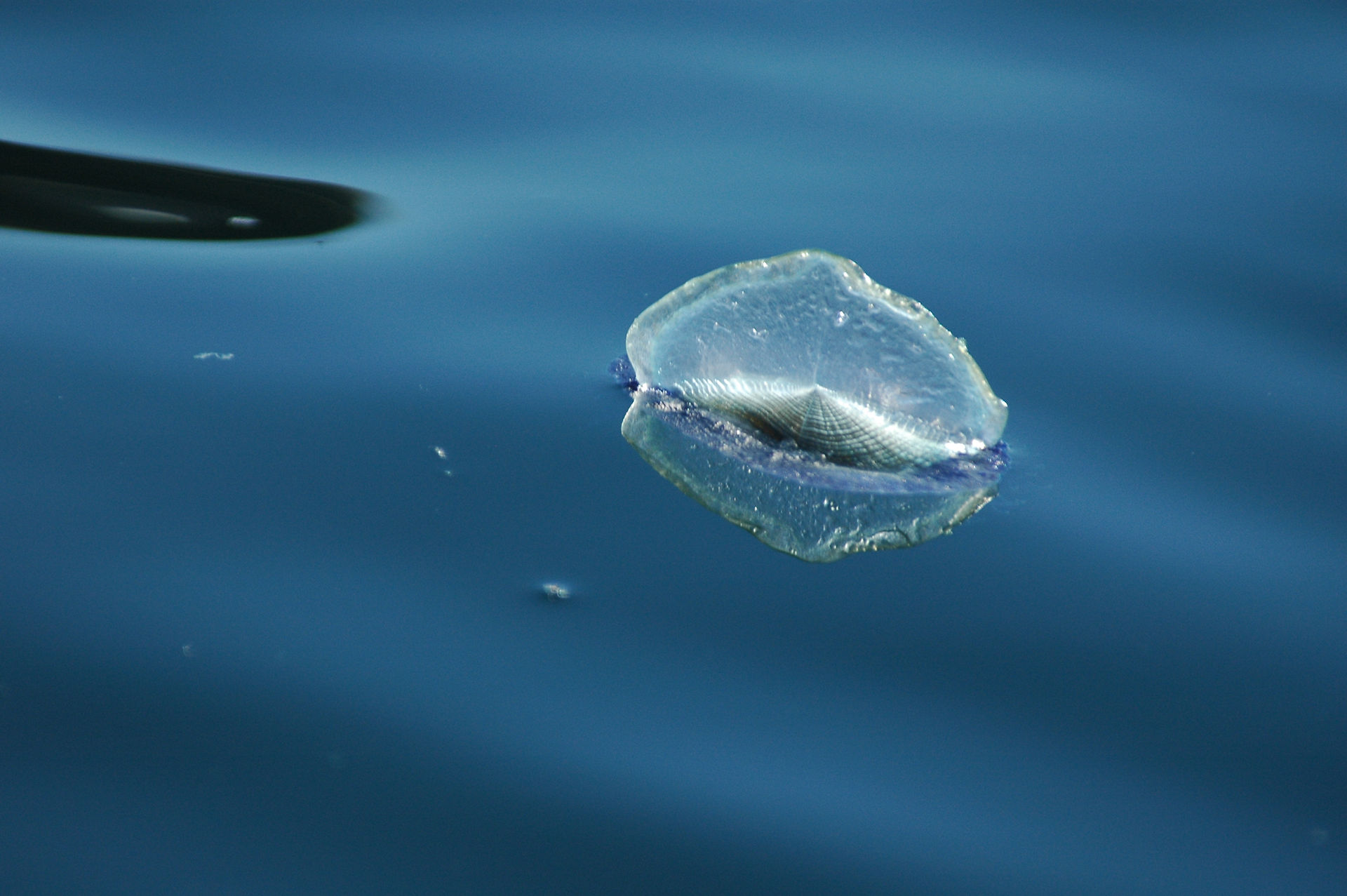
RESEARCH OVERVIEW
My research investigates the biology, ecology and life history of populations of marine top predators and their links to changes occurring in their environments. It not only uses marine animals as indicators - or sentinels - of fast occurring environmental changes in oceans all over the world, but also as invaluable samplers to monitor biochemical oceanographic changes in remote areas where collecting in-sit data is otherwise very difficult. My approach integrates field-based biological data collection with cutting-edge biologging / biotelemetry technologies and advanced statistical and mathematical modeling tools to broaden our understanding of impacts of the current climate crisis on our oceans and the species that inhabit them. Ultimately, my work aims at developing mechanistic knowledge to better assist global conservation efforts of our marine ecosystems. My research mainly focuses on three research broad themes articulated around an integrative approach:

(1) FORAGING ECOLOGY AND ONTOGENY
Foraging is the process by which animals acquire the food they need to survive and reproduce in the wild. My research investigates foraging ecology of marine animals, the movement (vertical and horizontal), behavioural or physiological adjustments they can make when facing changes in availability, distribution or accessibility of their prey, as well as what makes them successful or not in different environmental conditions. I am also interested in how young marine animals learn to forage in the oceans given their limited experience and physiological capacities, and how oceanographic changes might impact their foraging success and thus survival during their first years at sea. This ultimately affect fitness of animals, health of their populations and dynamics of their ecosystem.
(2) BIOENERGETICS
Bioenergetics is the study of energy transfer and transformation in biological systems based on thermodynamics laws. I am interested in characterizing and understanding the cascade of energy transfers throughout marine food webs at the individual or population levels, and how this can be affected by environmental changes in our oceans. I am also interested in understanding how predators energy input / expenditure balance defines allocation to physiological functions and activities and ultimately the capacity of individuals to survive and successfully reproduce in the wild, with consequences on their population trends. Bioenergetics studies integrate field- and lab-based data with advances statistical and mathematical modelling methods. Ultimately, bioenergetics models can help predicting how marine food webs, animal populations or individual organisms might be affected by different environmental change scenarios.


(3) BIOLOGGING & BIOTELEMETRY
Direct observation of marine animals is nearly impossible and yet, detailed scientific data on the movement, behaviour, physiology and surrounding habitat of free-ranging animals is essential to effective wildlife conservation. Biologging and biotelemetry use miniature animal-attached electronic devices that allow to record such diverse data - from dive depth to tri-axial acceleration or water salinity - related to the life of animals and their ecosystems. I collaborate with engineers and technicians to design marine mammal-adapted new sensors, test new tags, as well as develop on-board processing algorithms for transmission of summarized data via satellites. These cutting-edge technological advancements bring an unprecedented understanding of interactions between animals and their environments - which my research themes (1) and (2) widely depend upon - and is a major contributor to significantly advancing global wildlife protection efforts.

